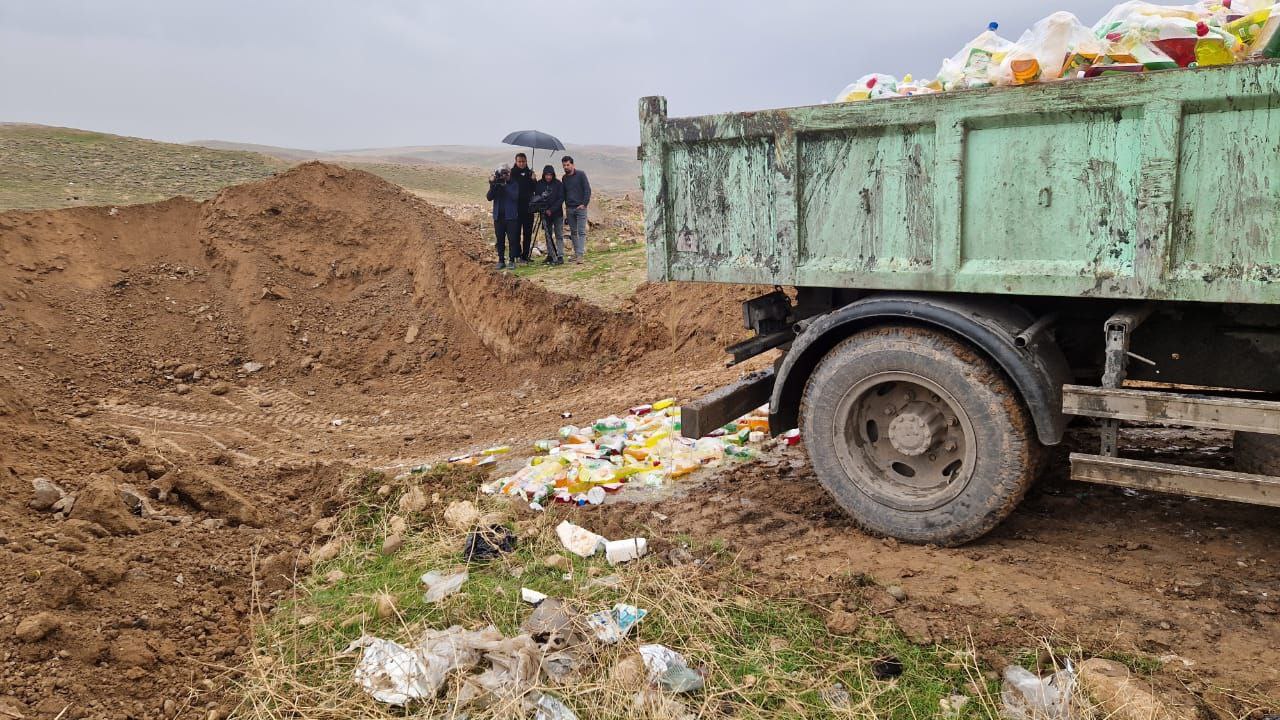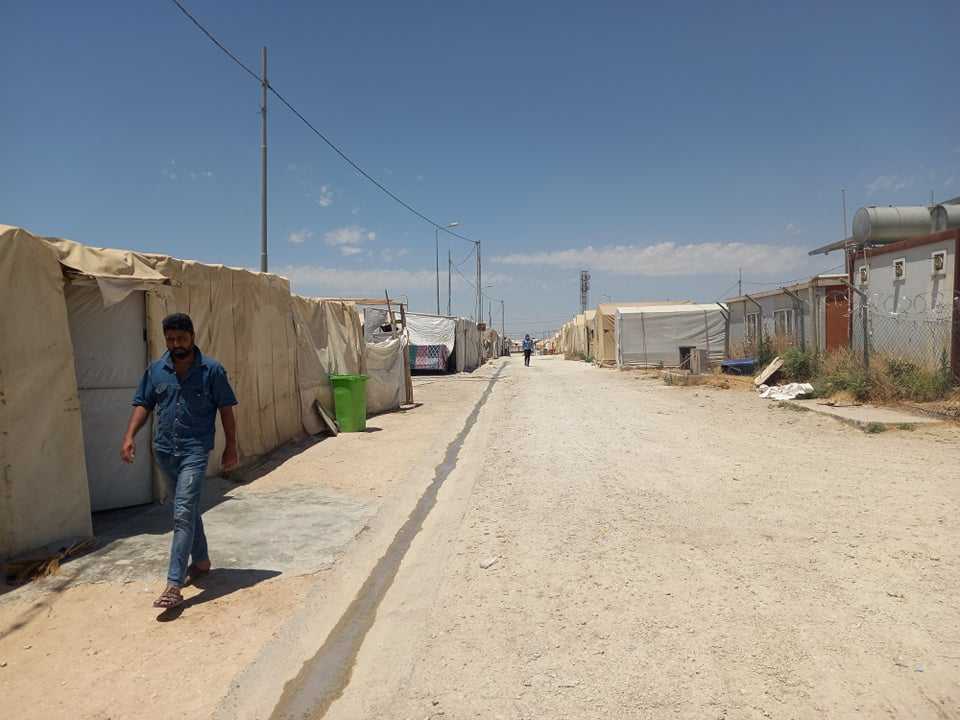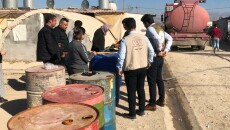An attempt was revealed to distribute 31 tons of expired materials to the Internally Displaced Persons IDPs in three camps of the Iraqi Kurdistan Region IKR. The case was referred to court, and the IDPs to be remunerated.
The materials seized were detergents and cleaners that were scheduled to be distributed by the Iraqi Ministry of Immigration and Displacement to residents of three camps in the Sheikhan district of Duhok Northern Province on November 26 through its office in Dohuk, but the Asayish (Security) Directorate of Dohuk seized the materials and disposed it through the specialized committees of the Sheikhan mayoralty.
Ismat Mahmoud, the official in charge of commercial control in the mayor of Sheikhan, told KirkukNow, “The Asayish examined the materials before distributing them to the displaced and found that they had expired... After that, we were informed by the Asayish to destroy them.”
“The District Attorney and Asayish committees constantly follow up on the aid distributed to the displaced and we monitor the situation,” Mahmoud added.
“A higher committee has been formed for this case,” Iskandar Muhammad Amin, director of the Iraqi Immigration and Displacement Department in Dohuk, told KirkukNow.
“The committee will investigate to find out the main reasons for what happened. The case is now in the courts and we cannot accuse anyone before announcing the results of the investigations.”
"The materials seized were cleaning materials. The displaced people in the three camps will certainly be compensated and good quality materials will be distributed to them."

There are more than 600,000 IDPs in the IKR, over half of them are from Nineveh Governorate, most of whom are Sunni Arabs and the Yazidi component, over 100,000 of them are living under tents in 26 camps, while the rest are residing outside the camps, according to statistics from the Joint Crisis Coordination Center of the Kurdistan Regional Government KRG.
Each displaced family has one or more food coupons; Each coupon will give them one carton of food and one carton of dishwashing stuff, which have been distributed twice in 2022.
The Iraqi government's poor food basket for IDPs comes at a time when international organizations have reduced or suspended aid to IDPs in the Kurdistan Region, including the World Food Program (WFP) which recently has decided to suspend the monthly financial assistance to IDPs.
Iraq follows subsidized food ration, a policy followed by the Iraqi government since the 1970s once Iraq was a socialist country with a central economy run by the state. As a member of the Oil-Producing and Exporting Countries OPEC, Iraq sells 3-4 million barrels of crude oil per day, generating billions of dollars for the Iraqi government which completely relies on oil revenues.
The state provides subsidized food ration and fuel at petrol stations yet the quality of the food stuff is poor due to corruption and mismanagement.
The food ration system allowed Iraqis to monthly obtain subsidized sugar, flour, rice, powdered milk, cooking oil, tea, beans, baby milk, soap, and detergent monthly.
Though the system has continued even after the fall of the Saddam Hussein government in 2003, there have been calls to eliminate or limit its scope.
Iraqi officials have resisted scrapping the program altogether for fear of a public backlash as the majority of Iraqis are state-employed and cannot afford to buy foodstuff from the private sector. Instead, they have opted for a gradual decrease in subsidized food items.






